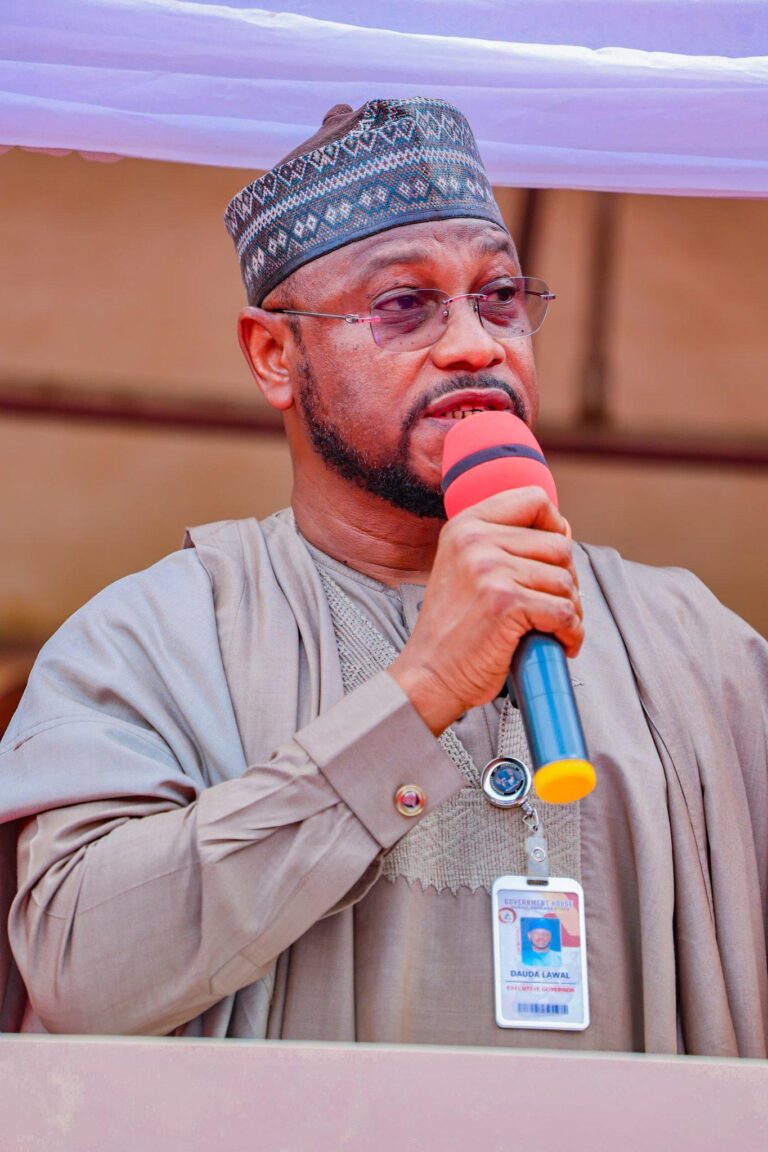Zamfara State is taking an ambitious step toward private-sector–driven growth as Governor Dauda Lawal flagged off the disbursement of over ₦1.1 billion in grants under the State Action on Business Enabling Reforms (SABER) programme.
The five-year initiative, backed by the World Bank, is designed to dismantle structural barriers, stimulate enterprise, and create sustainable jobs across Zamfara’s economy. With funding support ranging from $20 million to $52 million between 2022 and 2026, SABER represents one of the most significant economic reform efforts in the state’s history.
At the inauguration held at the JB Yakubu Secretariat in Gusau, Lawal underscored the programme’s scope:
-
2,000 nano and micro businesses will receive ₦150,000 each.
-
1,000 small and medium enterprises (SMEs) will access ₦500,000 each.
-
60 medium and large-scale businesses will benefit from ₦5 million each.
“This is no ordinary intervention,” Lawal said. “We are laying the foundation for Zamfara’s long-term economic resilience by supporting entrepreneurs who are the backbone of our state’s growth.”
The governor explained that SABER is being coordinated by the Ministry of Budget and Planning but implemented through a coalition of ministries and agencies — including Commerce & Industry, Agriculture, Justice, Finance, ZAGIS, ZITDA, and the Internal Revenue Service — under the Ease of Doing Business Committee.
Applauding the initiative, Charles Odii, Director General of the Small and Medium Enterprises Development Agency of Nigeria (SMEDAN), said the programme could have a multiplier effect on job creation. “If a small business owner gets ₦150,000, he will employ one person. That’s how growth begins,” he noted.
For Zamfara, long challenged by economic and security concerns, the SABER programme signals a turning point: a deliberate push to shift from dependency to productivity, empowering entrepreneurs at all levels to expand, employ, and innovate.

